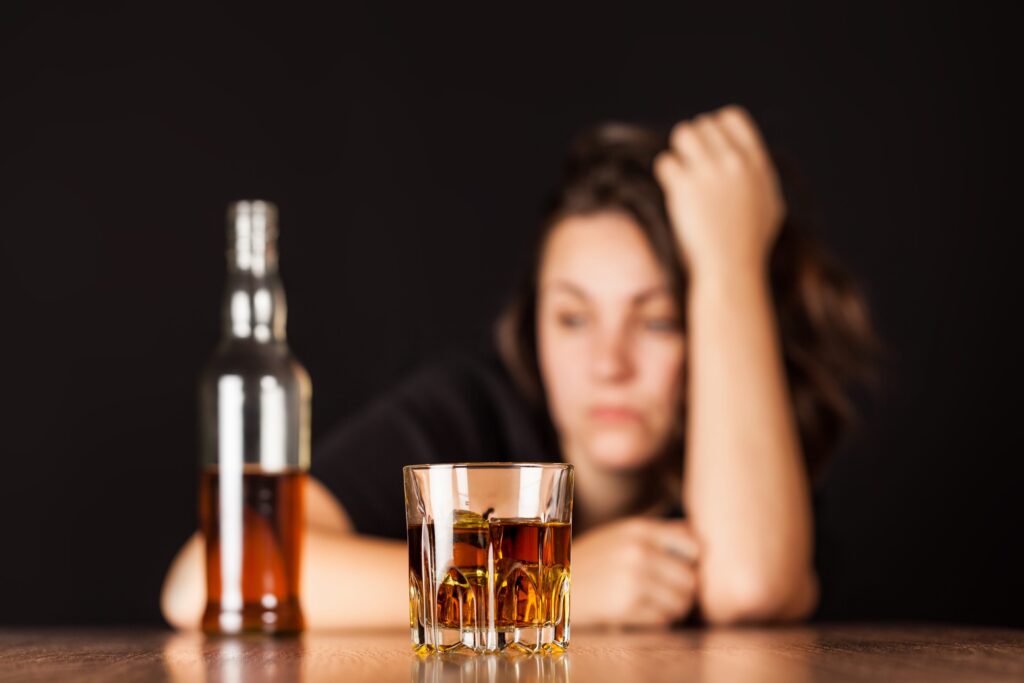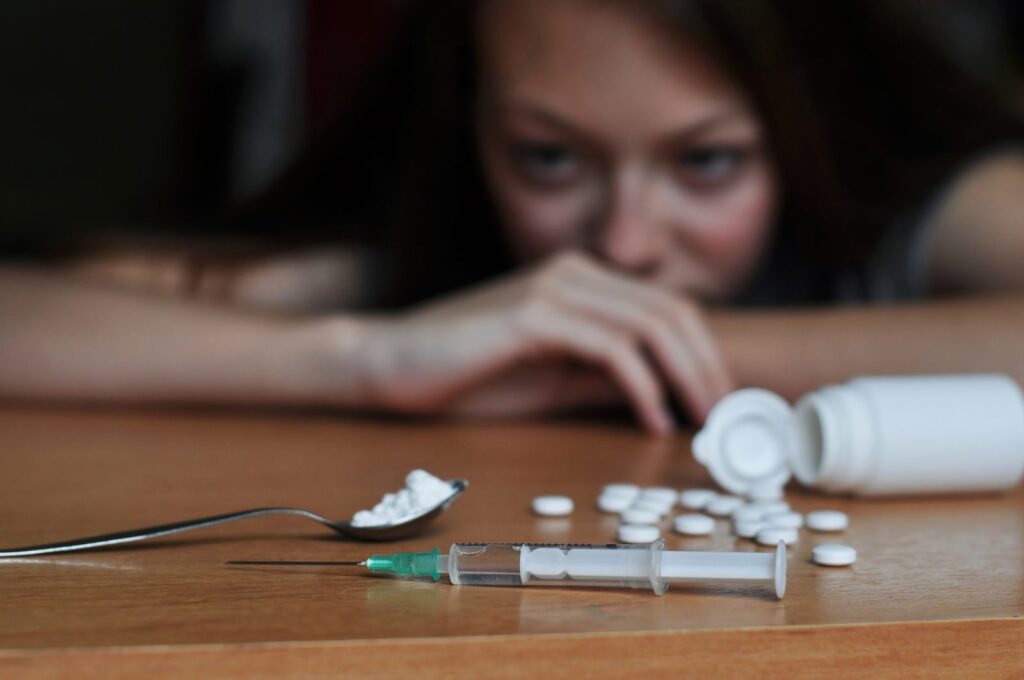Drug abuse is a disease that eats you up inside and out. When you realize a problem exists, the damage has already happened. However, it is never too late to embark on the road to recovery. If you or your loved ones are suffering from a drug abuse disorder, you can reach out for help. The drug recovery journey begins with detoxification.
Read on to learn what detox is and how it works.
What is detoxification?
Detoxification eliminates all traces of alcohol or other abusive substances from your body so that your body becomes stable and ready to heal the damage caused by the drugs. Regular use of abusive drugs makes your brain and body habitual to the chemicals. Detoxification enables you to get out of the effects of the drugs on your body. However, it can be quite taxing on your body and mind initially.
You can detox at home or at a treatment facility with round-the-clock support. We recommend detoxing at a medical facility, as you can get help if things get out of control.
What happens during medically assisted detoxification from drugs or alcohol?
When you undergo medically assisted detox at a treatment facility, they take you through the process step by step. These steps include:
Medical assessment
The first step is to determine what your condition is and what would be the best approach toward detox. The healthcare provider will ask you certain questions to know your physical and mental health, medical history, and other relevant information.
Withdrawal
The next step is to go through the withdrawal process, which can last 5 to 7 days, depending on your condition. During these days, you may experience several physical and psychological withdrawal symptoms. They include:
Physical symptoms:
- Nausea, diarrhea, vomiting
- Shivering and shaking
- Sweating profusely
- Headache and body pain
- Exhaustion
- Increased heart rate and blood pressure
- Runny nose and others
Psychological symptoms
- Insomnia
- Anxiety
- Depression
- Irritability
- Paranoia
- Intense cravings for the abusive substance
- Extreme mood swings
Some severe cases may also have symptoms, such as hallucinations, seizures, and delirium.
Medication
At the medical facility, the health practitioners may give you controlled doses of drugs to reduce the intensity of withdrawal and help your body recover faster from the symptoms. You can do nothing to avoid withdrawal symptoms entirely, but medication can make it easier.
You also get medical support from staff and doctors to cope with your withdrawal and complete your detoxification safely at the facility.
About Magnolia Ranch Recovery Addiction Treatment Center
Treating substance abuse is essential to saving yourself from the damaging effects of drugs and alcohol addiction. At Magnolia Ranch Recovery, we offer premium addiction treatment services to our clients and assist them with drug rehabilitation and treatment for co-occurring disorders. Our team of trained therapists aims to provide supportive and compassionate care to those suffering from drug abuse. Our clients choose us for our personalized in-patient, drug recovery, residential, and individually designed treatment options. For more information about us, contact 888-992-7955 or write to info@magnoliaranchrecovery.com. You can also fill out our contact form to get a call back from us.



















